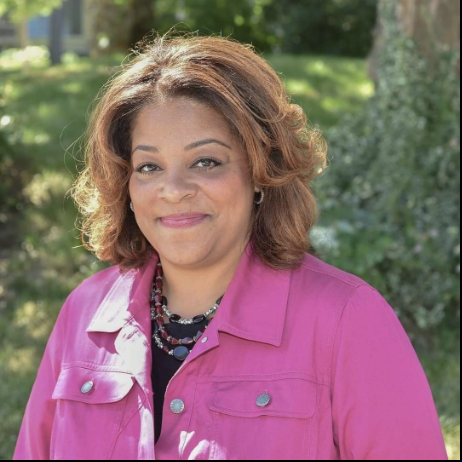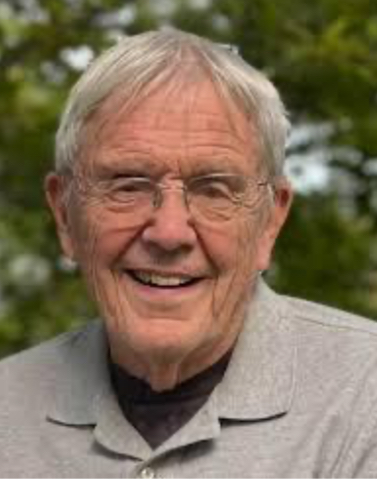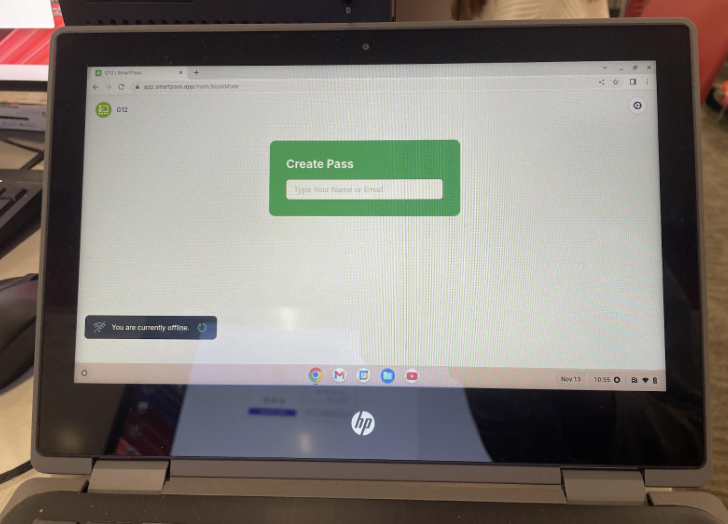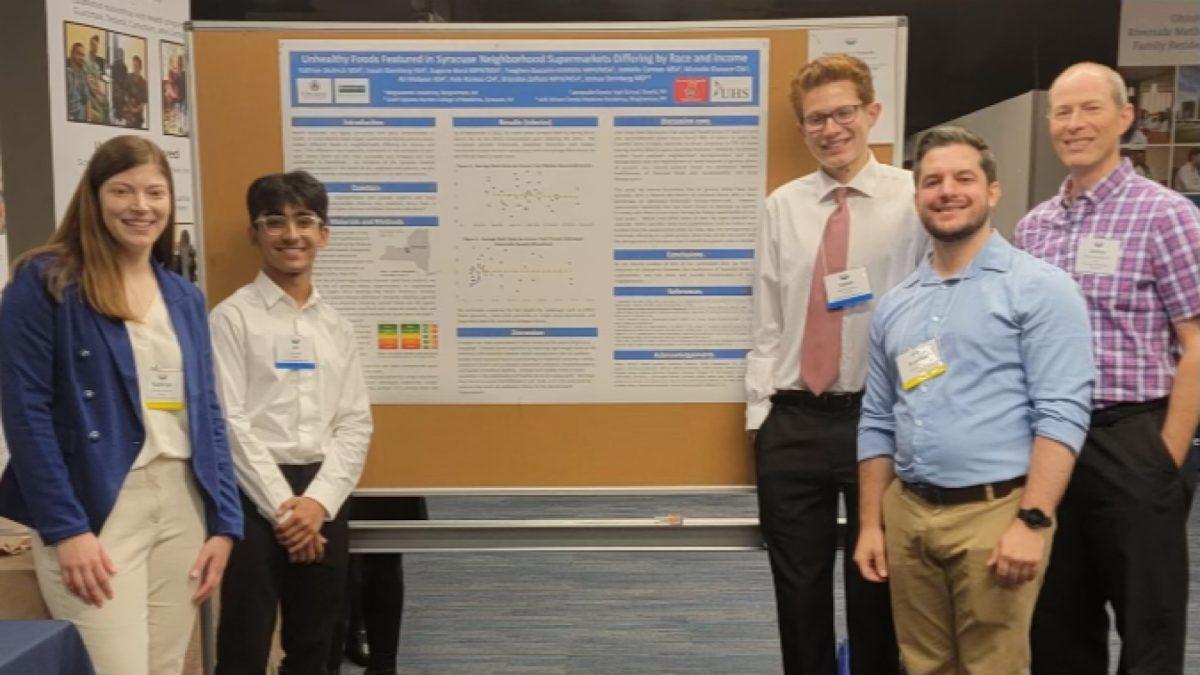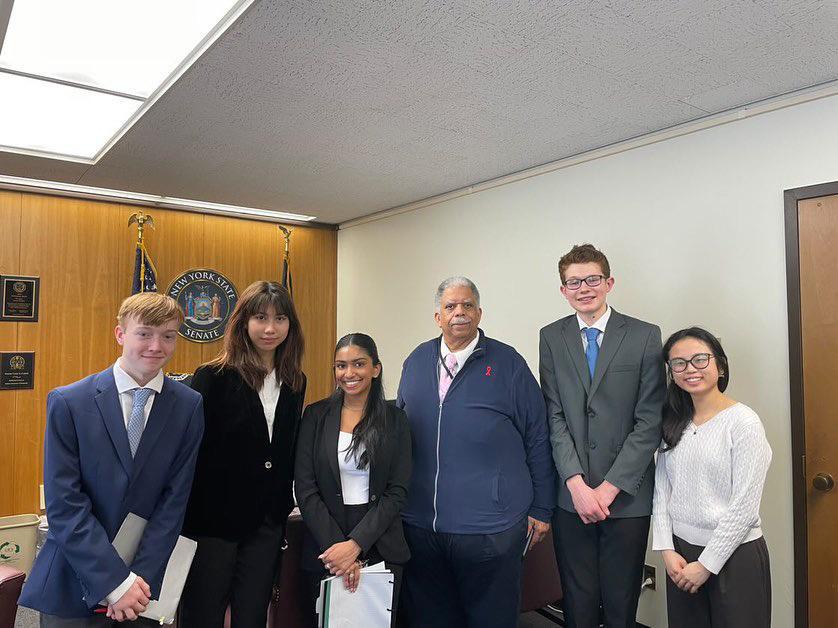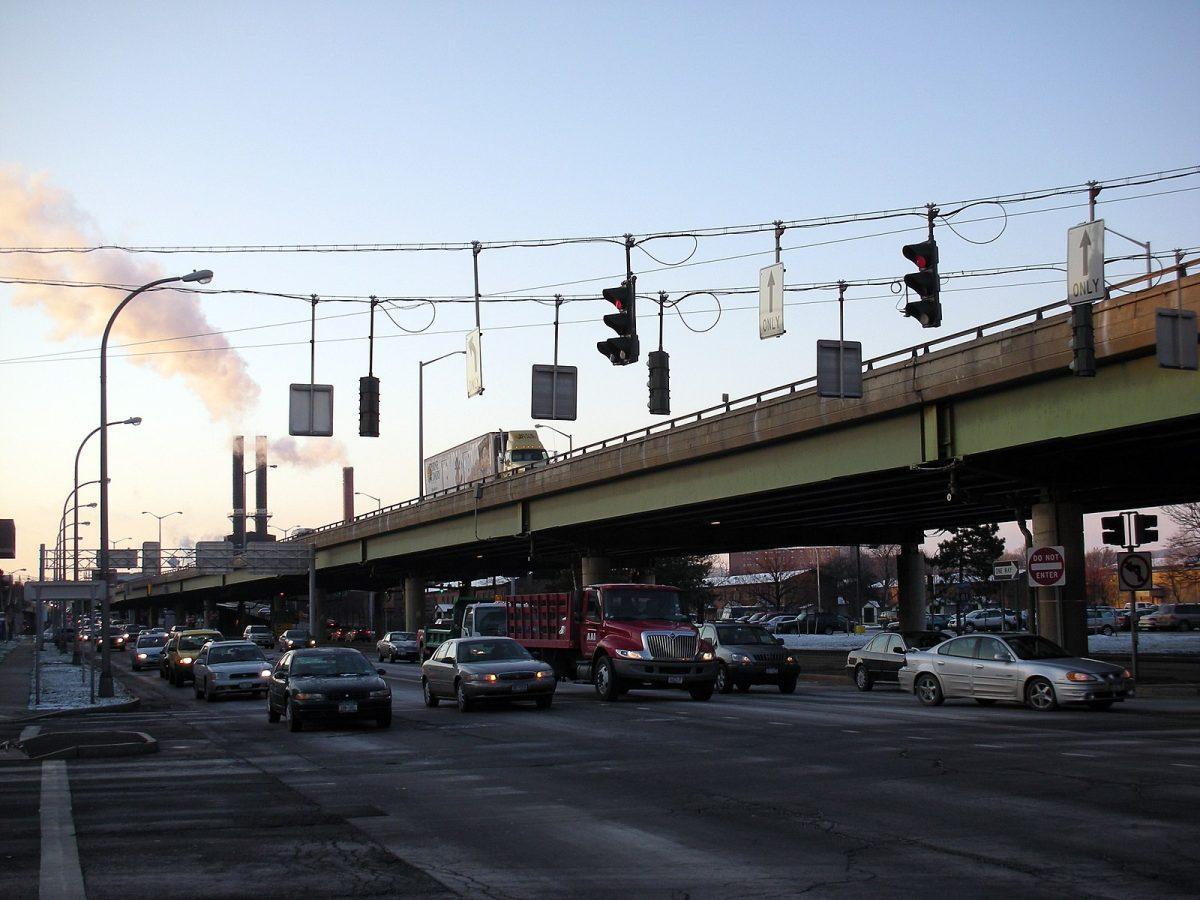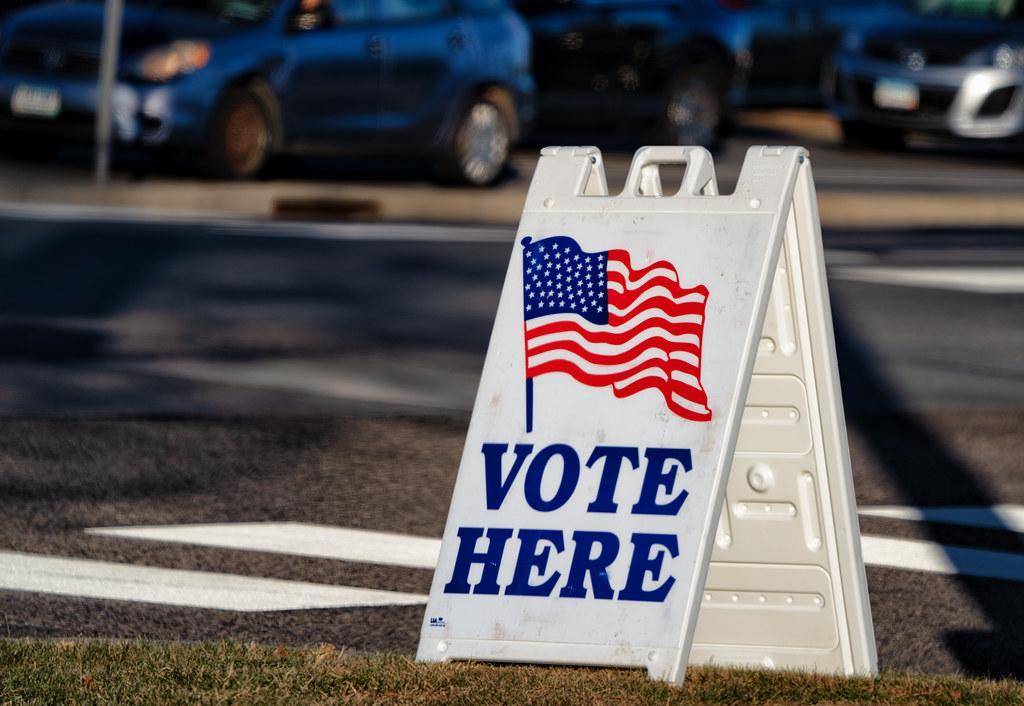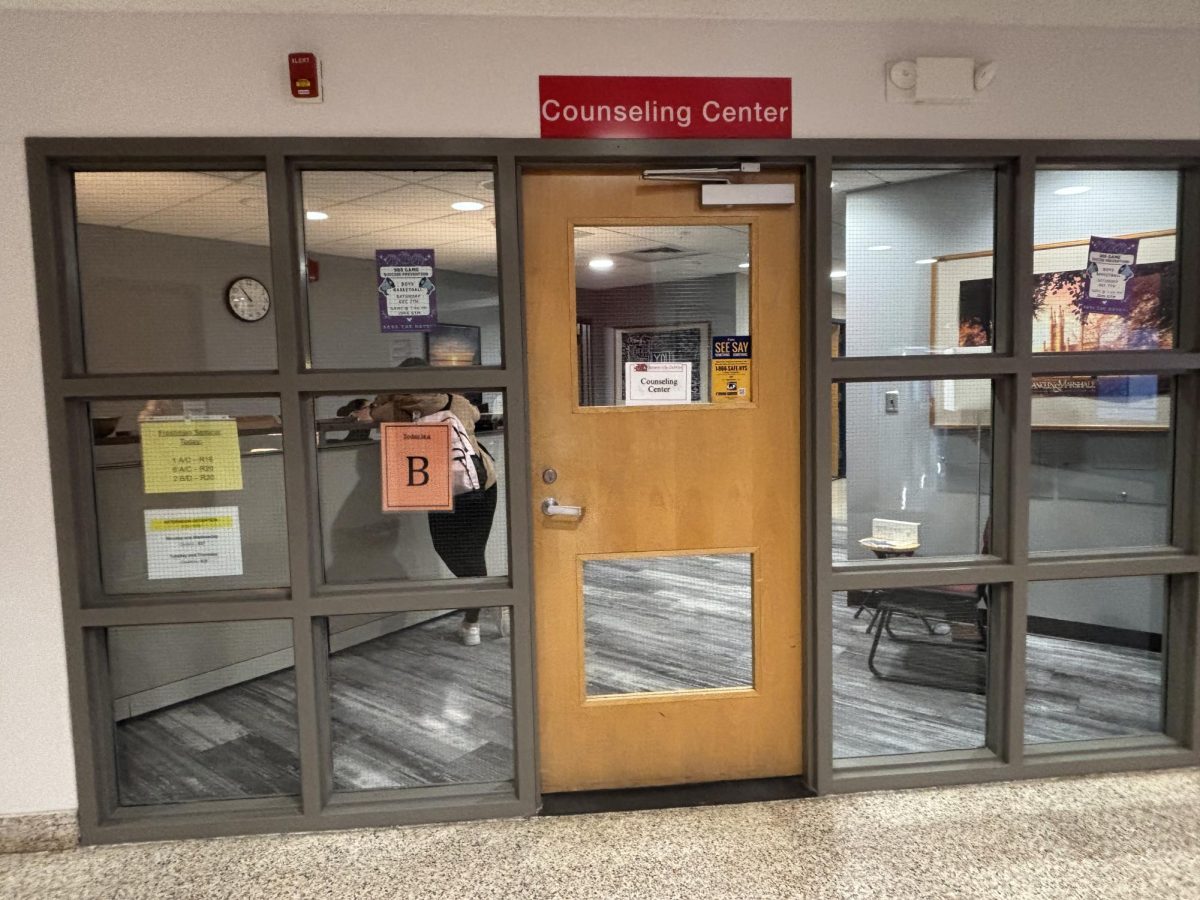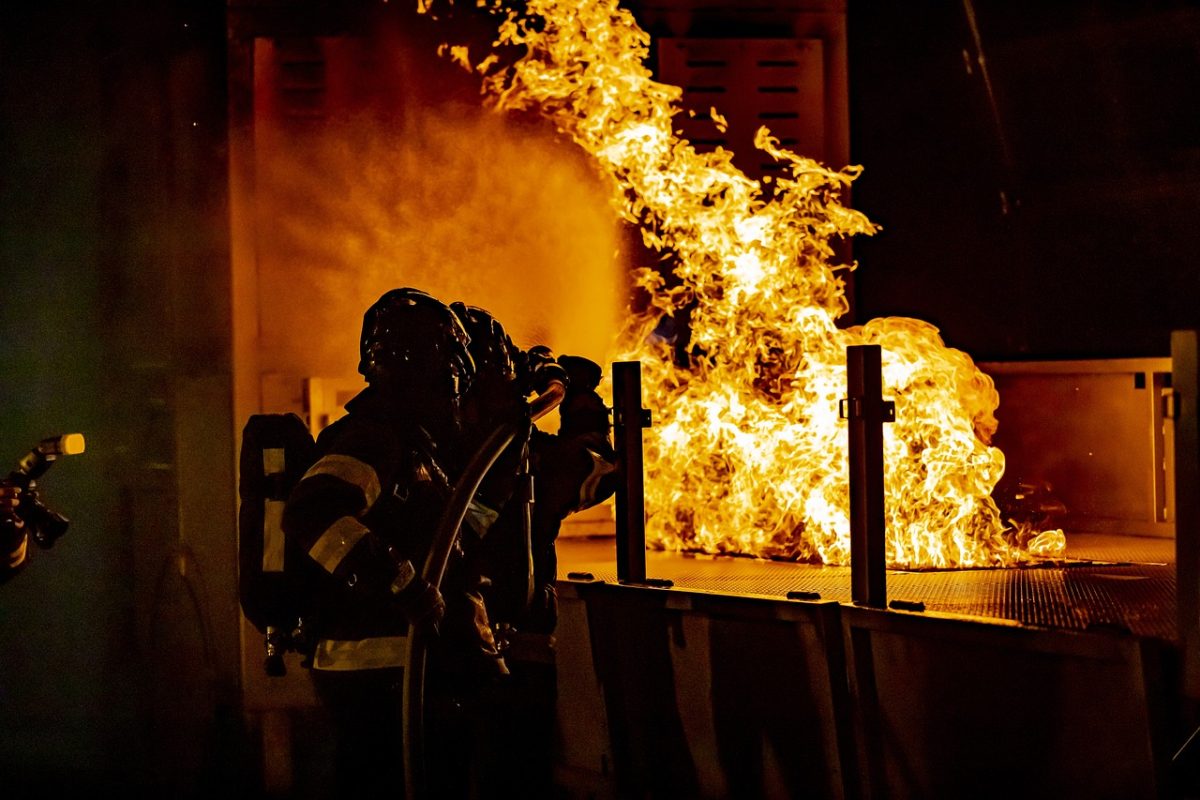By Contributing Writers Frank Wang (’24) and Daksh Maini (’24)
Pamela Hunter (D) is the assemblywoman for the 128th Assembly District, which encompasses much of the Syracuse area. Hunter served in the military until she decided to become an assemblywoman. Hunter felt compelled to become an assemblywoman because she “wanted to create a safe and positive environment,” for her children and future generations.
Hunter’s main goal as assemblywoman is to create a better community and increase opportunities for her twenty-two-year-old son and her constituents. Along with this, she believes that Syracuse is a prime location for development due to new investments such as the Micron facility, as well as access to clean water.
However, there are still many obstacles standing in the way of Hunter’s goal. “I am significantly concerned about the future and want to make sure that it’s a great place for my son. And so I’m very concerned about the environment. I want to make sure that we do not do hydrofracking at all,” Hunter said.
Hunter stated that these environmental issues must be solved to preserve the world’s future. “It’s beautiful outside today, but we take that for granted.”
She doesn’t just want to fix existing problems, but also maintain the core values and properties of Syracuse as the city expands. “We want to make sure that it’s safe for the future. And it’s not just for business, but it’s for the people who live here.”
Along these lines is another one of the main issues brought up by Hunter: poverty. “I represent a population of people who have huge poverty. The median average income for the city of Syracuse is $32,000. You cannot live on $32,000. So then you’re deciding, do I pay rent or pay National Grid? How do I pay for food? What about car insurance? What about daycare?”
Bringing up the poor people of Syracuse is part of Hunter’s vision, because “when they rise, we rise.” Without supporting the weakest and most essential part of our city, the people, Hunter believes Syracuse cannot expand and develop. “If we don’t take care of these systemic problems today, you’re going to pay for it later. And, more people need subsidized health care and housing, more people need mental health, and more criminal justice system concerns. So really, we need to be tackling the problem, not just the symptoms that arise from the problems.”
With these goals in mind, Hunter also has to face the reality of government and human nature. “[The] government doesn’t move swiftly. Many times you can have a great bill like [the Climate Protection Act], which is very important. [The bill takes] into account environmental justice, making sure communities of color are disadvantaged, and communities are taken into consideration. We have to accept change for us to be able to make even modest changes.”
Hunter provided an example of a large change that everyone has accepted and has helped improve not only the environment but the local community as well. “We had the plastic bag ban and people were like, ‘what am I going to do? How am I going to get my groceries? This is just an inconvenience.’ And now, all of a sudden, we find a way to make it work. We made it work, and you see the increased amount of people bringing their recyclable bags.”
Hunter believes everyone in her community can make a change. When asked about what high school students can do to speak up on issues that matter to them, Hunter stated, “Just because you don’t vote doesn’t mean you don’t have a voice.”
Hunter voiced her support and concern for everyone she represents. “Just because you can’t vote doesn’t mean that you’re not a constituent, regardless of what party that you’re registered in. You are a constituent. Whether you voted for me or not, you are a constituent. And so, if it’s a concern for you, you don’t have to wait to vote to make sure your voice is heard. When George Floyd got murdered, I saw many young people who are not of voting age out there marching and protesting in the streets. We saw when the Supreme Court put down Roe v. Wade, lots of young people who were not able to vote were out there protesting and marching. So you don’t have to wait for justice and for your voice to happen to be of voting age. You can be activated and start now. You have a voice. Make sure you’re using it now.”
Hunter also urged high schoolers to be good citizens. “Being a good citizen means you’re a part of a collective. You’re a part of a community, whether it’s your school community, your church community, or your neighborhood – you’re part of a community. That means you have to be an active part of your community. Don’t sit back and watch what happens, be a part of what is happening, and you have the capacity to do that already.”
Hunter concluded her RamPage interview with a relevant reminder for a politicized citizenry. “You are the future. I think that you need to feel empowered by that. And don’t wait for your chance, your opportunity. Go and take it.”





























